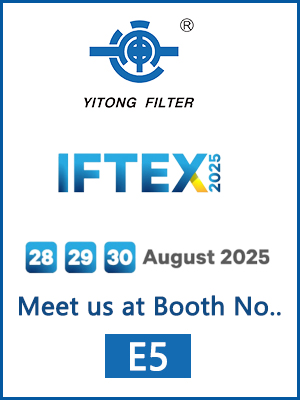 March 19, 2024
March 19, 2024
In the realm of mushroom farming, optimizing environmental conditions is paramount for ensuring healthy growth and minimizing contamination risks. One indispensable tool in achieving these objectives is the laminar flow hood equipped with HEPA (High-Efficiency Particulate Air) filters. This article explores the significance of HEPA filters in mushroom farming and the benefits they offer in maintaining sterile environments conducive to successful cultivation.
Understanding HEPA Filters:
HEPA filters are renowned for their exceptional ability to trap microscopic particles, including bacteria, mold spores, and other contaminants, with an efficiency of up to 99.97%. These filters are constructed with dense layers of fine fibers, creating a barrier that effectively purifies the air passing through.
Application in Mushroom Farming:
Mushroom cultivation demands stringent hygiene practices to prevent the proliferation of unwanted microorganisms that can compromise yield and quality. HEPA filters play a pivotal role in this regard by purifying the air within laminar flow hoods, which are essential workstations for tasks such as inoculation, spawning, and harvesting.
Benefits of HEPA Filter Equipped Laminar Flow Hoods:
Contamination Prevention: HEPA filters ensure that the air entering the laminar flow hood is virtually free of contaminants, safeguarding the sterile conditions necessary for mushroom cultivation. This significantly reduces the risk of contamination during critical stages of the farming process.
Improved Air Quality: By removing airborne particles and microorganisms, HEPA filters enhance the overall air quality within the working environment. This not only promotes healthier conditions for mushroom growth but also creates a more comfortable and safer workspace for farm workers.
Consistent Sterility: Laminar flow hoods equipped with HEPA filters maintain a continuous flow of purified air, creating a laminar airflow that sweeps across the work surface. This consistent sterility minimizes the likelihood of cross-contamination between batches and ensures uniform growth conditions for mushrooms.
Regulatory Compliance: Adhering to regulatory standards and food safety guidelines is essential for mushroom farms aiming to supply markets and consumers. HEPA filter-equipped laminar flow hoods help farms meet these requirements by providing a controlled environment that mitigates contamination risks and upholds product quality and safety standards.
Integration into Farming Practices:
Integrating HEPA filter-equipped laminar flow hoods into mushroom farming operations requires careful consideration of factors such as airflow dynamics, workstation design, and maintenance protocols. Farms can consult with experts in agricultural engineering or biosafety to ensure optimal setup and operation of these critical systems.
Conclusion:
HEPA filter-equipped laminar flow hoods represent a cornerstone technology in modern mushroom farming, offering unparalleled benefits in contamination control and environmental management. By investing in these systems, mushroom growers can elevate the quality, consistency, and safety of their produce, thereby enhancing their competitiveness in the market while prioritizing consumer health and satisfaction.
We can custom-design various types of HEPA filters for mushroom farming industries. Contact by Email at info@yitong-filter.com our filter experts at any time!

